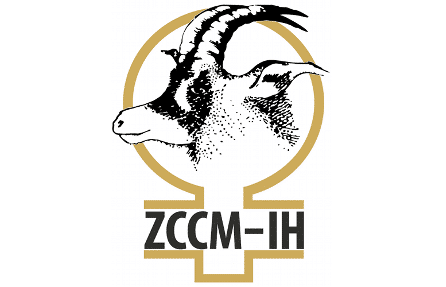
Board decision in full
Zambia has achieved a high overall score in implementing the 2019 EITI Standard (90 points). The overall score reflects an average of the three component scores on Stakeholder engagement, Transparency and Outcomes and impact.
The EITI Board commends Zambia for achieving a very high score on Outcomes and impact (93 points), and recognises the progress in ensuring the effectiveness and sustainability of EITI implementation. Zambia EITI’s work in informing changes in the government’s extractive sector policies as well as both government and company practices in extractive governance. Validation has highlighted how industry and government stakeholders have come to rely on Zambia EITI for public awareness, public debate, and policy consultations related to the mining sector.
Zambia has achieved a very high score on Stakeholder engagements (93 points), with strong engagement by government, civil society and companies. The EITI Board recognises that the MSG, the Zambia EITI council (ZEC), has established itself as a robust and flexible platform to oversee all aspects of implementation, including in resolving disputes between various constituencies and stakeholders engaged in extractive industry governance. Consultations indicate that civil society is using EITI data for public debate. Government and industry representatives also actively use their engagements with civil society to inform local communities on extractive sector governance, and the ZEITI Secretariat appears to be actively coordinating capacity building and engagements between several different government entities. While the government has contributed funding for Zambia EITI activities, sustainability of EITI implementation in Zambia will require increased government support. Gender representation on the MSG is not yet balanced, although ZEITI is implementing a plan to address this.
Finally, the EITI Board finds that Zambia has a moderate score on the Transparency component (85 points). The ZEC have leveraged the multi-stakeholder approach to use a risk-based approach to reconciliation in their latest disclosures, addressing stakeholder information needs on the impact of the pandemic on the sector and on government revenues. The EITI Board recognises Zambia’s progress on corrective actions from previous Validations that have strengthened the use of EITI as a diagnostic tool of extractive governance. Further efforts to address requirements of the EITI Standard related to contracts (for Phase II of Validation), beneficial ownership, production and export data as well as disaggregated disclosures of government extractive revenues can facilitate more complex analyses of EITI data to inform reforms in fiscal terms, oversight of state-owned enterprises and other sector reforms. These disclosures can help ensure that governments and companies are effectively monitoring extractive operations and help build public trust in public disclosures. The Board recognises Zambia’s efforts to exceed basic requirements of the EITI Standard in its participation in an ongoing EITI review of government mechanisms for monitoring production and export data related to industrial and energy minerals, as well as gemstones.
The Board has determined that Zambia will have until a next Validation commencing on 1 October 2024 to carry out corrective actions regarding contracts (Requirement 2.4), beneficial ownership (Requirement 2.5), production data (Requirement 3.2), export data (Requirement 3.3) and on disaggregation (Requirement 4.7) of revenue data.
Failure to demonstrate progress on Transparency in the next Validation may result in temporary suspension in accordance with Article 6 of the EITI Standard. In accordance with the EITI Standard, the Zambia EITI Council may request an extension of this timeframe or request that Validation commences earlier than scheduled.
Read the full article here: https://eiti.org/board-decision/2021-73
